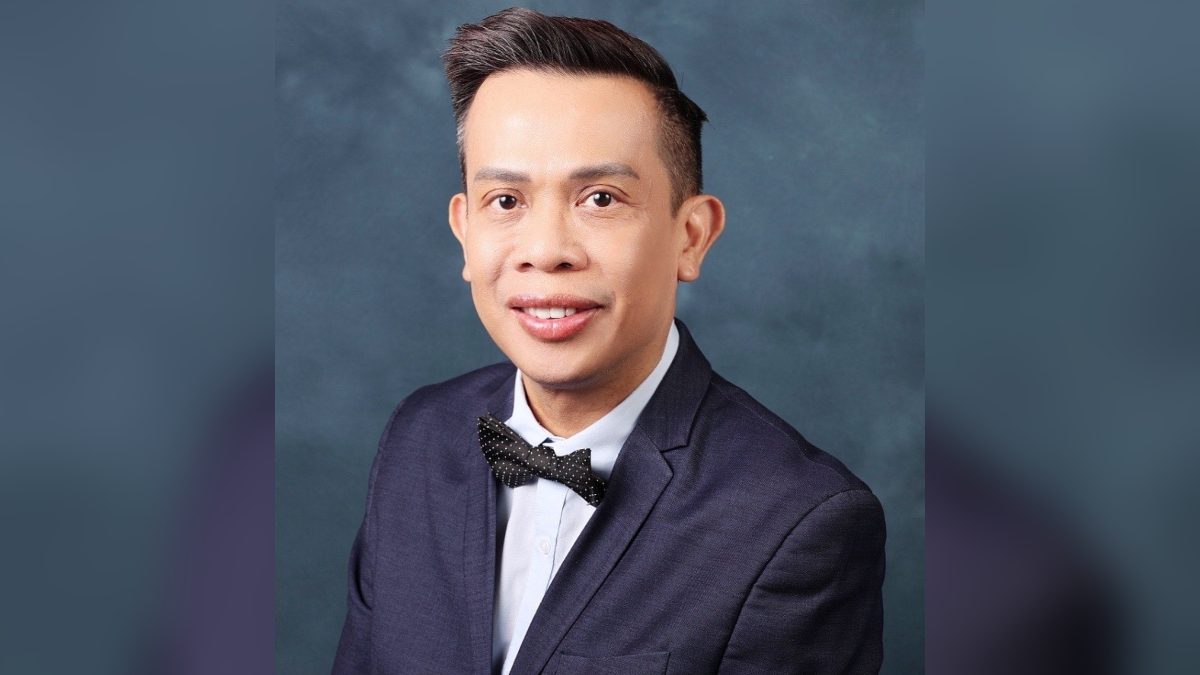Combining clinical expertise with academic rigor, the tenured Associate Professor at the University of Nevada, Las Vegas, and Board-Certified Psychiatric Mental Health Nurse Practitioner in Henderson, Nevada, is at the forefront of advancing culturally informed healthcare. Dr. Rei Serafica, PhD, APRN, PMHNP-BC, FTNSS, CNE, FAAN, dedicates his career to addressing health disparities in immigrant communities, driven by his own experiences and commitment to equitable healthcare.
“My focus on dietary acculturation and biculturalism stems from being an immigrant myself,” shares Dr. Serafica. “As a 1.5 generation immigrant, I experienced the duality of navigating two cultures and recognized how acculturation significantly shapes dietary habits and health outcomes.” His research identifies chronic disease risks among Filipino-Americans, advocating for culturally tailored interventions and access to culturally appropriate foods in underserved communities.
Dr. Serafica’s clinical role enables him to merge mental and physical health perspectives with cultural identity. “This perspective helps me approach research holistically, considering psychological and sociocultural dimensions,” he explains. His experiences enrich his teaching, where he mentors students in critical thinking and patient-centered care, focusing on cultural resilience.
A Fellow of the American Academy of Nursing and the Transcultural Nursing Society, Dr. Serafica serves as Associate Editor of the Journal of Transcultural Nursing. He frequently publishes on systemic inequities in healthcare, aiming to influence policies through evidence-based research.
To aspiring nurse researchers, Dr. Serafica advises, “Find your passion, embrace cultural competence, and build collaborative networks. Research should drive policy and systemic change.” He highlights the importance of mentorship, encouraging students to use their unique perspectives to promote equitable healthcare practices.
Dr. Serafica’s work in culturally informed healthcare not only inspires future practitioners but also drives meaningful changes in the nursing field, underscoring the value of bridging cultures in clinical practice and research.






